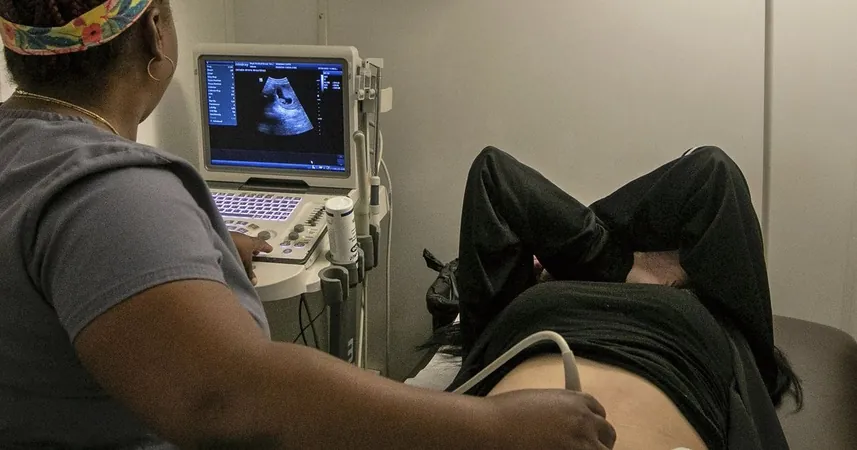
Revolutionary Findings: Anti-Inflammatory Marker Could Pave the Way for Cardiovascular Vaccines!
2024-10-03
In a groundbreaking study, researchers have identified a crucial link between low levels of an anti-inflammatory antibody and an increased risk of cardiovascular (CV) disease in older populations, particularly postmenopausal women. This emerging insight, published in the prestigious Journal of the American College of Cardiology, opens exciting doors for potential future vaccines targeting ischemic heart disease (IHD).
The research highlights the role of antibodies against phosphorylcholine, which appears to function independently of traditional risk markers in predicting adverse cardiovascular events. Astonishingly, postmenopausal women who fell within the highest third of antibody levels exhibited a staggering 73% lower risk of experiencing severe cardiovascular outcomes compared to those with the lowest levels. These findings have been meticulously adjusted to account for various confounding factors.
Johan Frostegård, PhD, who leads the immunology and chronic disease unit at the renowned Karolinska Institute in Stockholm, emphasized the promising implications for precision medicine, particularly for women. He expressed his optimism about the future: “My real hope is to develop a vaccine to raise these antibodies. Those with lower levels would show the most benefit.”
Phosphorylcholine, a substance abundant in cell membranes and lipoproteins, plays a pivotal role in immune activation, especially in the context of oxidized low-density lipoprotein (oxLDL), notorious for its pro-inflammatory properties. Interestingly, IgM antibodies against phosphorylcholine, which are found at elevated levels, have previously demonstrated a protective effect against cardiovascular disease predominantly in male populations.
The study, a first of its kind, delved into the relationship between serum IgM antibodies against phosphorylcholine (anti-PC) and composite cardiovascular disease outcomes, specifically focusing on ischemic heart disease, myocardial infarction, and ischemic stroke.
Analyzing data from 932 female participants, averaging 66 years of age, who contributed to a long-term Swedish mammography study, researchers documented 113 cases of composite cardiovascular disease outcomes over 16 years. This encompassed 69 cases of ischemic heart disease, 44 instances of myocardial infarction, and 50 cases of ischemic stroke.
Remarkably, a significant inverse association was found between IgM anti-PC levels and the risk of composite cardiovascular disease outcomes, with the exception of ischemic stroke. Women in the highest third of anti-PC levels, averaging 131 U/ml, faced a drastically reduced risk of myocardial infarction compared to those in the lowest third, averaging just 25 U/ml.
The implications of these findings are monumental. The researchers concluded that IgM anti-PC could serve as a vital risk marker in various disease conditions, highlighting the need for further exploration into the potential of raising anti-PC levels through immunization as a strategy to prevent or delay IHD.
As researchers continue to unravel the complexities of cardiovascular health, one thing is certain: the road to a preventative vaccine could be closer than we think! Stay tuned for more groundbreaking developments in immunology and cardiovascular health.





 Brasil (PT)
Brasil (PT)
 Canada (EN)
Canada (EN)
 Chile (ES)
Chile (ES)
 España (ES)
España (ES)
 France (FR)
France (FR)
 Hong Kong (EN)
Hong Kong (EN)
 Italia (IT)
Italia (IT)
 日本 (JA)
日本 (JA)
 Magyarország (HU)
Magyarország (HU)
 Norge (NO)
Norge (NO)
 Polska (PL)
Polska (PL)
 Schweiz (DE)
Schweiz (DE)
 Singapore (EN)
Singapore (EN)
 Sverige (SV)
Sverige (SV)
 Suomi (FI)
Suomi (FI)
 Türkiye (TR)
Türkiye (TR)